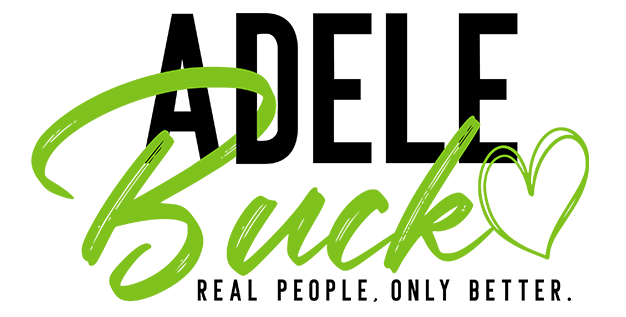There are a lot of articles going around right now about critique and a lot of them are very good. I’m going to try to address the power and the pain of critique from a slightly different angle. Because emotional response to critique is where 99% of the rubber ceases to meet the road in my experience.
Who am I to talk about this? I was an actress in a past life (like, seriously, I haven’t been on stage in 26 years, but I was an actor for 11 years*), and I am here to tell you that being critiqued on a performance is really nothing like having your writing critiqued.
It’s worse.
Imagine standing on stage (or more realistically, in a windowless, dingy rehearsal space) and feeling things. Making the lines someone else wrote personal to you, being passionate about something. Throwing yourself into a performance and feeling everything your character is supposed to feel.
And then being told, “Huh. I didn’t see it,” by just about everybody in the room.
This was you. Your voice, your body, your face. Attempting to convey emotion and meaning that nobody saw.
My point isn’t to play “which artist has it worse.” My point is to say I have some experience with dealing with intensely personal critique and to offer some of the strategies and techniques I learned to take the pain of critique and turn it into something better.
- Breathe. Really. Sometimes critique can make you feel like you were punched in the gut. It robs you of breath. Breathing helps you think, helps you relax and take in information. So check in with your body. Are you breathing? If not, do.
- Nod. Now maybe you’re thinking, Is she daft? Nod? Yes. Nod. What you’re hearing may be hard, but it’s probably true. Unless you have a critique partner (CP) who is intent on submarining you (and if you have one of these, get out. Now.) they’re relating their honest experience. The physical experience of accepting the criticism will hopefully soften your resistance. Your CP is telling you how s/he reacted to your piece. Is their experience universal? No. Is their experience valuable? Yes.
- Try to think of at least one thing you could change that might change your CP’s experience of the manuscript. I’m not saying to make those changes. I’m saying to think them through. Your CP has given you a lens to think about your manuscript differently. Use it. Take notes. You might make those changes. You might not. You might make entirely different changes. The point is, your CP is giving you a pivot point to work with. Work with it.
These are brief, Saturday evening thoughts. I’d be delighted if I got more suggestions in comments.
*I’ve spoken at conferences a bunch in the intervening years (fun fact: Adele Buck is my pen name, so looking me up that way won’t help much, but I’m also not hiding, so if you’re super diligent you might find me…though I can’t imagine why anyone would WANT to).
